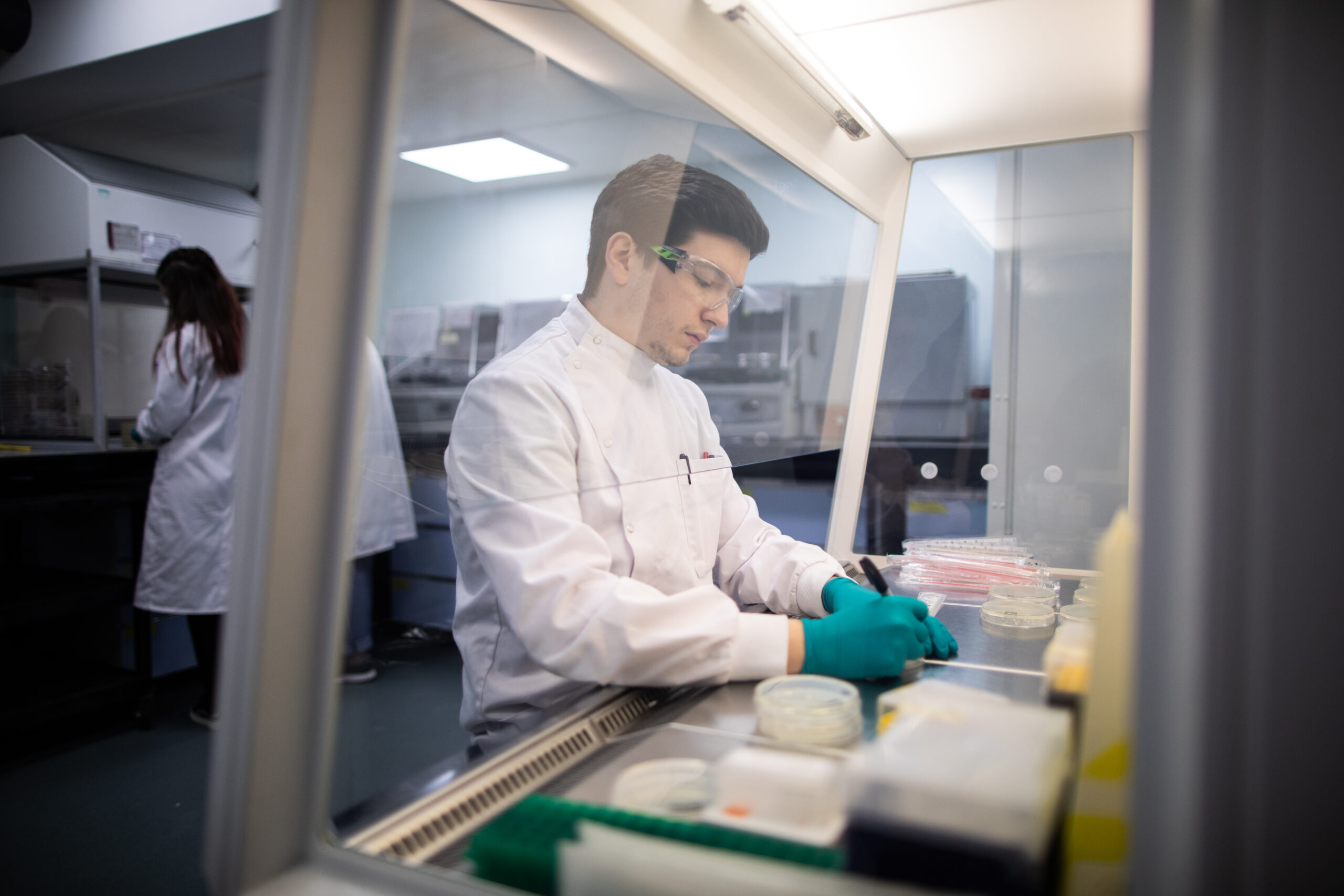
CPI to optimise the production process of next-generation sustainable fish feed

CPI, an independent technology innovation centre and founding member of the High Value Manufacturing Catapult, today announced the launch of the SUSFEED 2 project to optimise scalable processes for the manufacture of next-generation, sustainable fish feed for the aquaculture industry.
The outcomes of this project have the potential to help the UK’s aquaculture industry meet net zero targets.
At present, the aquaculture industry relies heavily on feed containing fish meal or soy protein, which pose sustainability, land and water use, and digestibility issues.
An affordable and high-quality alternative is Single Cell Protein (SCP), derived from microbial fermentation, utilising sugars as well as agricultural and food wastes as feedstocks.
Although the current fermentation process for SCP is promising, it emits significant amounts of carbon dioxide and lacks carbon efficiency.
Following the successful SUSFEED feasibility study completed last year, SUSFEED 2 aims to optimise an environmentally friendly and economically viable SCP production process.
This will allow for enough SCP product to be generated for fish feed digestibility trials.
The UK Seafood Innovation Fund, administered by Cefas (Centre for Environment, Fisheries and Aquaculture Science), has awarded SUSFEED 2 with £250,000 to support the research and development of novel technology that reduces and reuses carbon dioxide in SCP fish feed production.
CPI led the feasibility study and will continue to play a critical role in SUSFEED 2 to develop the technology needed to produce SCP fish feed with a much lower environmental impact than currently possible.
The project will be carried out at CPI’s C1 Gas Fermentation facility within the National Industrial Biotechnology Facility. CPI’s expertise and facilities will be crucial in ensuring the success of the project.
Qiang Li, Senior Research Engineer at CPI, said:
“After last year’s successful feasibility study, we are delighted to continue drawing upon our extensive experience in fermentation to work on overcoming major environmental issues of the UK’s aquaculture industry.
“At our state-of-art industrial biotechnology facility, our dedicated teams of in-house experts will make it possible to bring high-quality, carbon-efficient fish feed closer to commercialisation.”
By CPI - Centre for Process Innovation
474 Views
Recent Posts
- BECBC appoints a new Chair and directors to drive growth and innovation
- Compressed Air – Be Prepared for Any Contingency
- Innovative Multi-Point Earthing System from StuvEx & Thorne & Derrick
- Navigating IR35 compliance in your business
- Our Emissions Program has evolved digitally
Back to News >



